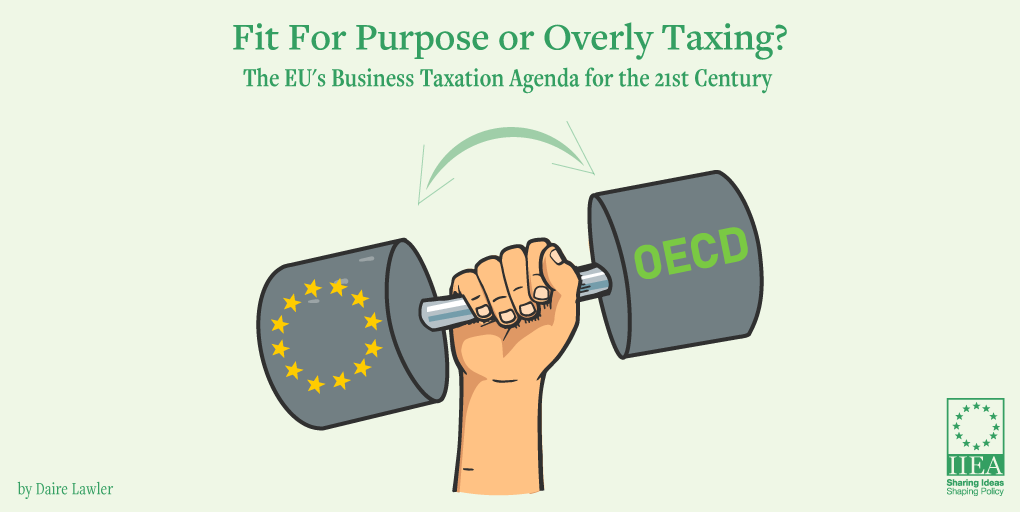Fit for Purpose or Overly Taxing? - The EU’s Business Taxation Agenda for the 21st Century

On Thursday, 7 October 2021, Ireland made the decision to sign up to the OECD’s international tax agreement, endorsed by 135 other countries, which will introduce a global minimum effective corporate tax rate of 15%. As part of this agreement, it is clear that significant changes to the manner in which tax will be treated at an international level could be on the horizon.
On Tuesday, 18 May 2021, the European Commission published a Communication entitled Business Taxation for the 21st Century.1 The Communication outlines the Commission’s updated agenda for corporate tax and includes a range of new proposals which “accompany” and “supplement” the broader international tax reform agenda taking place at the OECD and the G20.
The Business Taxation for the 21st Century Communication outlines several new proposals including, most notably, a single corporate tax rulebook in the EU and mandatory disclosures of effective country-by-country corporate tax rates. It also proposes to implement conclusions that are reached within the OECD’s parallel negotiations on international tax across every EU Member State through a series of Directives.
This briefing will explore three of the European Commission’s central proposals within its business taxation agenda, namely: the proposal for a single corporate tax rulebook, the digital levy, and the country-by-country reporting Directive. It will also discuss how the Commission’s business taxation proposals will aim to support its goals of generating own resources and achieving net zero emissions by 2050. Further, it will explore how the Commission’s business taxation agenda, including its proposals within its Business Taxation for the 21st Century communication intersect with the broader negotiations on corporate tax reform taking place at the OECD.
